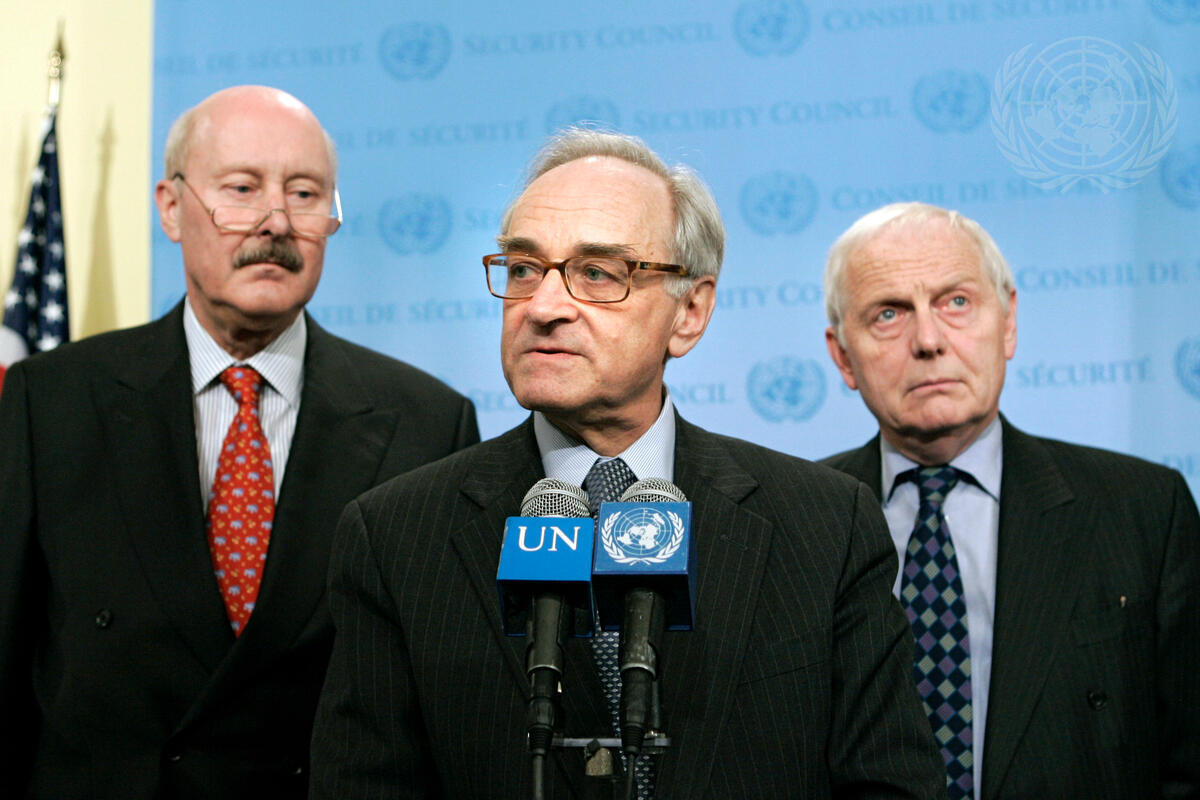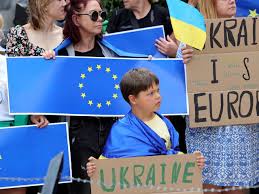
Introduction: The Role of the UN Security Council
The United Nations Security Council (UNSC) plays a crucial role in maintaining international peace and security. Comprising 15 member states, including five permanent members with veto power, the UNSC is responsible for addressing threats to global stability. Recent events highlight the Council’s ongoing struggles and initiatives to tackle pressing security issues around the world, from armed conflicts to humanitarian crises.
Recent Initiatives and Challenges
In 2023, the UNSC has been actively involved in various pressing issues. One of the most significant developments has been the escalation of conflict in Ukraine. The situation has prompted multiple discussions and resolutions aimed at mitigating the resulting humanitarian crisis, providing aid, and imposing sanctions. In September, the UNSC convened a special session to address the impact of the war, with the Ukrainian Foreign Minister calling for enhanced international support.
Another focal point for the Council has been the ongoing tensions in the Middle East, particularly concerning the Israel-Palestine conflict. In October 2023, the UNSC met to discuss the recent violence in Gaza and efforts for brokering peace talks. Despite the urgency, disagreements among permanent members have stalled decisive action, revealing the complexities the Council faces in harmonising varied international interests.
Successes and Global Security Concerns
Despite challenges, the UNSC has seen some successes. Initiatives to strengthen cybersecurity cooperation among member states have gained support, reflecting the growing recognition of cyber threats as a national security concern. Furthermore, the Council has been instrumental in endorsing peacekeeping missions, such as those in Mali and the Democratic Republic of the Congo, aiming to stabilise regions plagued by violence.
Moreover, the UNSC has made strides in addressing climate change as a security threat. In a landmark resolution passed earlier this year, the Council acknowledged the potential for climate-related disasters to exacerbate existing conflicts, urging member states to integrate climate considerations in national security strategies.
Conclusion: The Future of the UNSC
The UN Security Council continues to grapple with heavy responsibilities and complexities in 2023. As global security concerns evolve, from traditional military threats to humanitarian issues and climate change, the Council’s ability to adapt and respond will be tested. The balance between cooperation and contention among its member states will play a pivotal role in shaping the effectiveness of the UNSC moving forward. Observers assert that reforming the UNSC—possibly expanding its permanent membership—could help better address the dynamics of contemporary international relations and reinforce its authority in maintaining global peace.
You may also like

The Significance of the West in Today’s World


An Overview of the Ongoing Situation in Ukraine
SEARCH
LAST NEWS
- Remembering Wendy Richard: The Promise to Co-Star Natalie Cassidy
- How Did Anglian Water Achieve an ‘Essentials’ Rating for Mental Health Accessibility?
- Shai Hope Leads West Indies in T20 World Cup Clash Against South Africa
- What We Know About Weston McKennie: Future at Juventus and Past at Leeds
- What We Know About the Upcoming Live Nation Antitrust Trial